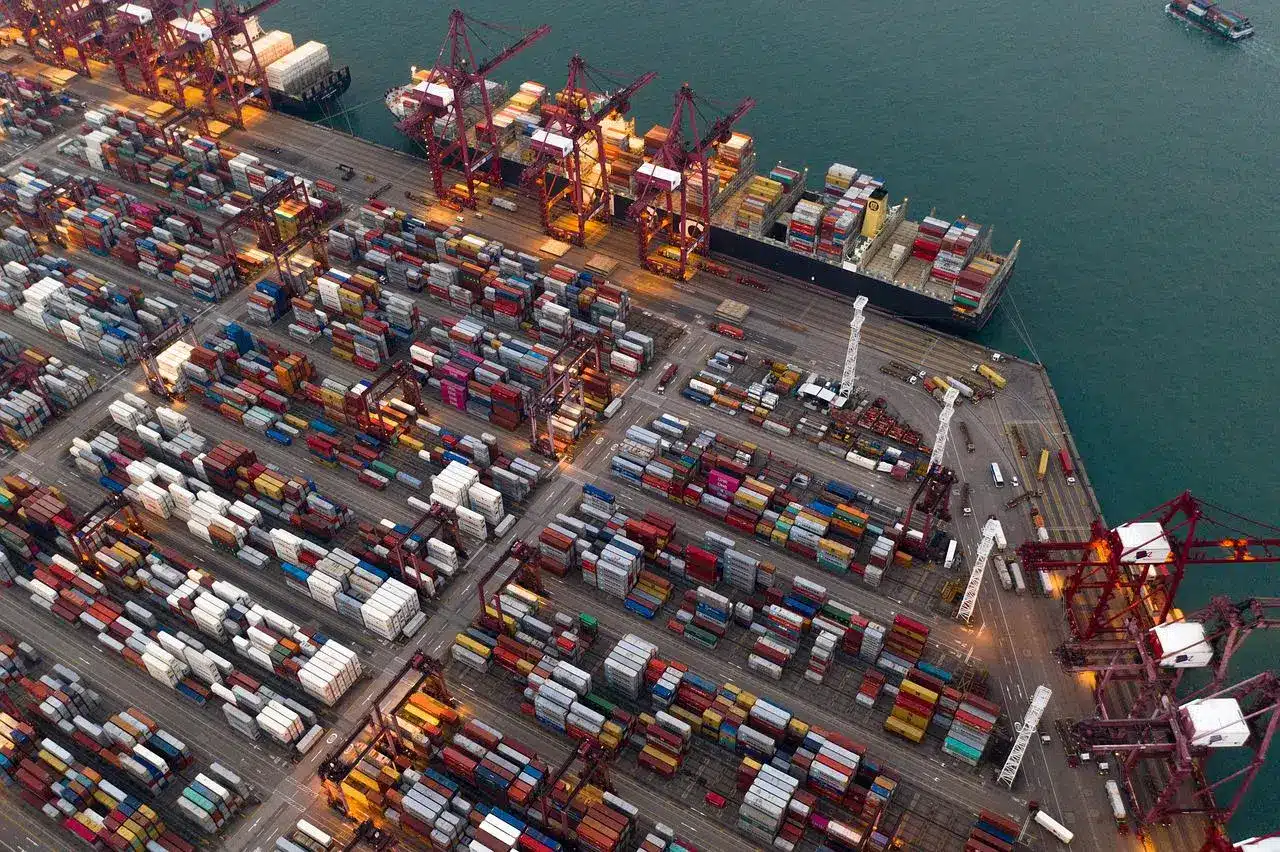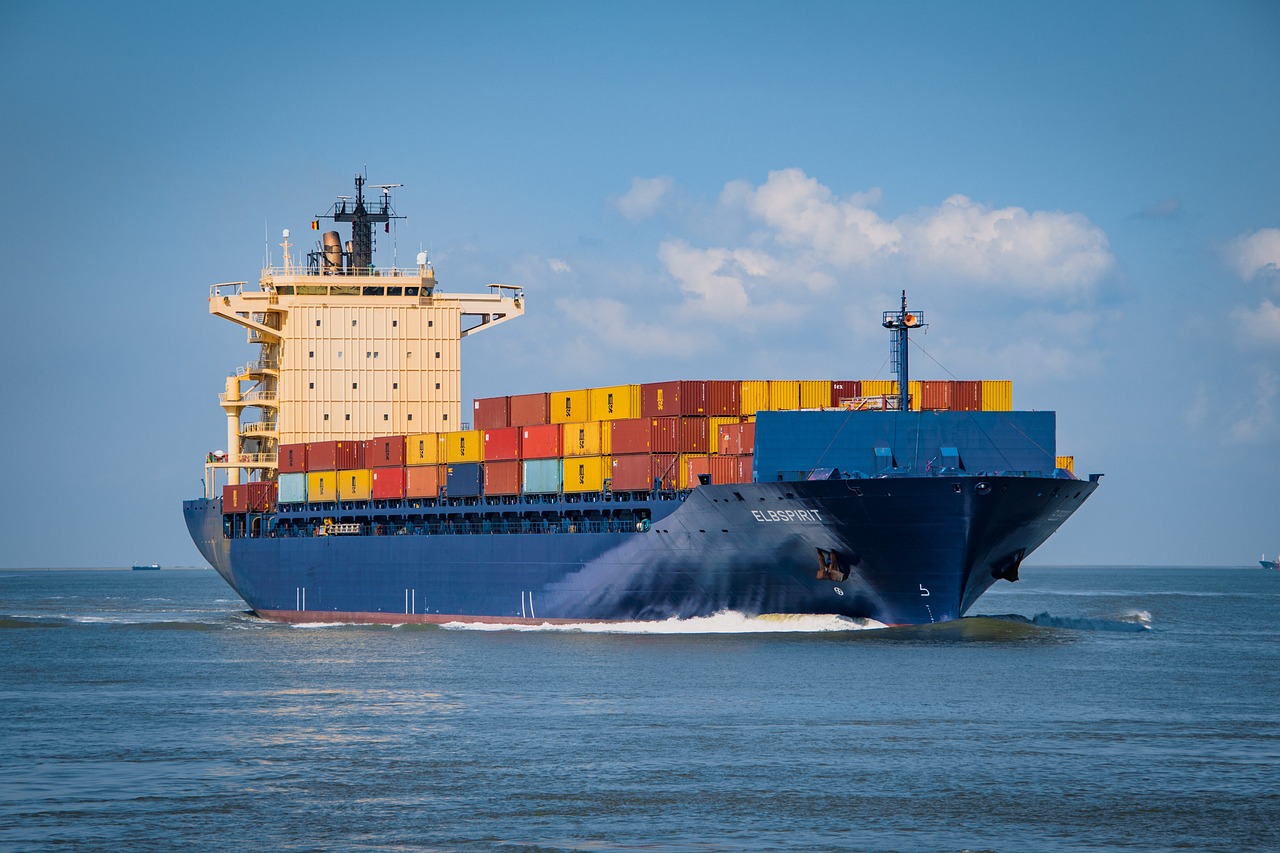In the ever-shifting world of global trade, the intricacies and challenges faced by western producers, particularly in Canada, have been a recurring topic of discussion. This year, however, marks a departure from the usual political context. Instead, the focus will be on two critical issues that demand attention and action within the agricultural sector: securing market access and addressing the fundamental issues of Canada’s trade infrastructure.
That was the message delivered by Carlo Dade at the CrossRoads Crop Conference held in Calgary this week. Dade is director of the Trade & Investment Centre for the Canada West Foundation and is one of the country’s leading voices on defending and advancing western Canadian trade interests in Canada and abroad.
The movement of goods and people, depicted graphically as a percentage of the national GDP, underscores the nation’s centrality in global trade, he said. Particularly noteworthy is the emphasis on exports, constituting a significant portion of Alberta’s GDP and demonstrating the province’s reliance on international trade.
Looking forward to 2024, the spotlight turns to the Indo-Pacific region, a key area of strategic focus for both federal and provincial governments.
The Indo-Pacific region is important to Canada’s seed industry for several reasons:
- The region is home to more than half of the world’s population and has a growing demand for food security and agricultural innovation.
- The region offers a large and diverse market for Canadian seed exports, especially for canola, wheat, barley, soybean, and pulses.
- The region is a source of investment and collaboration for Canadian seed research and development, as well as a partner in addressing common challenges such as climate change, pests, and diseases.

“This geographical pivot, encompassing Asia Pacific, presents a generational opportunity and challenge for Canada,” Dade told the crowd. “As consumer demand burgeons globally, especially in emerging middle-class markets, the potential for agricultural exports grows exponentially.”
However, beneath the surface lies a critical issue that demands immediate attention: the state of Canada’s trade infrastructure. A decade-long decline in the perception of the nation’s trade infrastructure, as highlighted by a global survey, underscores the urgent need for a comprehensive and integrated national approach.
“While the rest of the world invests in planning and executing infrastructure improvements, Canada lags behind, facing a steady accumulation of crises.”
Call to Action: National Planning and Market Access
To address these challenges, a two-pronged call to action is imperative, Dade said. Firstly, the need for a national plan for trade infrastructure becomes evident. While regional efforts have been initiated, a cohesive national strategy is essential to understand the interconnectedness of supply chains, enabling strategic investments for the long term.
“Secondly, with the Indo-Pacific strategy in play, there’s an urgent requirement to strengthen market access in the region. This involves not just securing agreements but also investing in the groundwork to ensure the survival and sustainability of market access,” Dade said.
The agricultural community, often absent from these discussions, must actively engage in raising awareness and garnering support for these crucial initiatives, he added.













